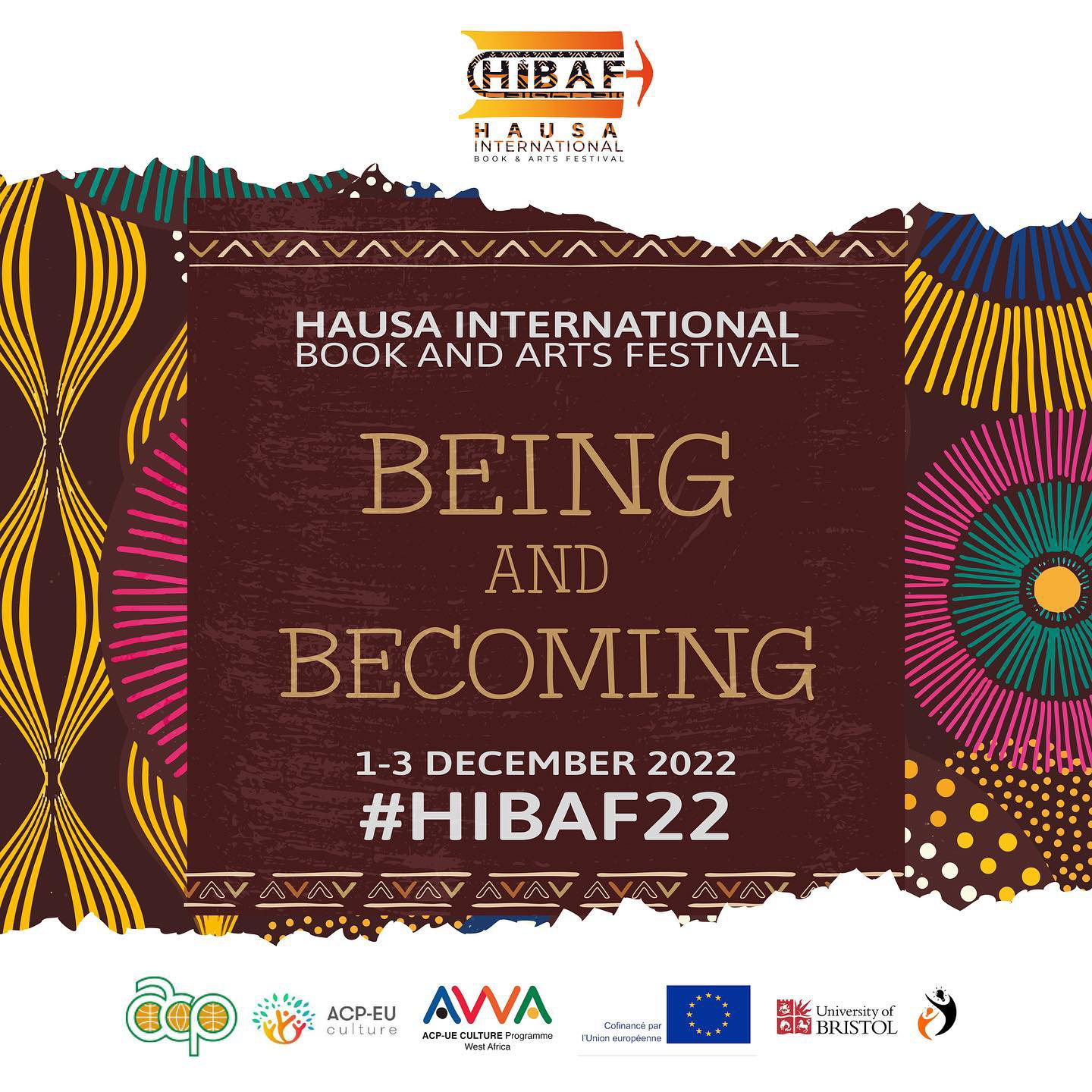
Open Arts, the curators of the Hausa International Book and Arts Festival (HIBAF), have announced the second edition of the festival with the theme Being and Becoming.
This edition intends to use virtual technology to “explore language and identity in the African literary space.”
The HIBAF festival was one of the winners of the ACP-EU Culture “Enhancing Culture Fund” which intends to enhance the value of cultural and creative content in West Africa, by promoting support for creation and production, image education, and the development of means of dissemination and distribution (physical and digital) of cultural goods.
According to the project description:
Open Arts will seek to run the Hausa International Book and Arts Festival (HIBAF) for its second edition, while archiving and digitizing all the outputs from the festival and the constellation of activities around it as a digitally reconstructed fusion of art, literature, performances using VR technology. The festival will be archived as a travelling VR experience in which audiences anywhere can use VR headsets to experience the festival. The VR experience of the project will include the curated festival experience; a feature documentary on identity and language; a photo-essay documenting the vibrant existence of an unbridled literary tradition among women writers writing in Hausa language in northern Nigeria.
Sada Malumfashi, curator of the festival, said:
Knowledge in the field of Hausa origin has been confronted with missing links or gaps with very little known about the identity of a Hausa person. What language did the ancestors of the Hausa person speak five thousand years ago? These and many of such questions and interceptive queries would be answered in this second edition of the Hausa International Book and Arts Festival (HIBAF22) by linking and connecting arts, language and identity through analysis of the processes that give birth to experience.
Digital tools, and especially VR technology, offer a new relation to cultural production by recontextualizing cultural products and presenting new experiences which open the way to new types of encounters to different and more massive audiences. The use of VR technology in cultural production will also bring about new jobs in the West African cultural scene. This innovative approach will enable and facilitate cross-cultural conversations around shared experiences and divides from the African continent as a crucial step towards decolonisation by transporting African conversations by Africans in Africa to the world.
The festival will be held as a hybrid of virtual and physical engagements from December 1 to December 3, 2022 in Kaduna, Nigeria. Tickets are N2000 each.
Register here.
You can follow the festival on the Website, Twitter, Facebook, and Instagram.









COMMENTS -
Reader Interactions